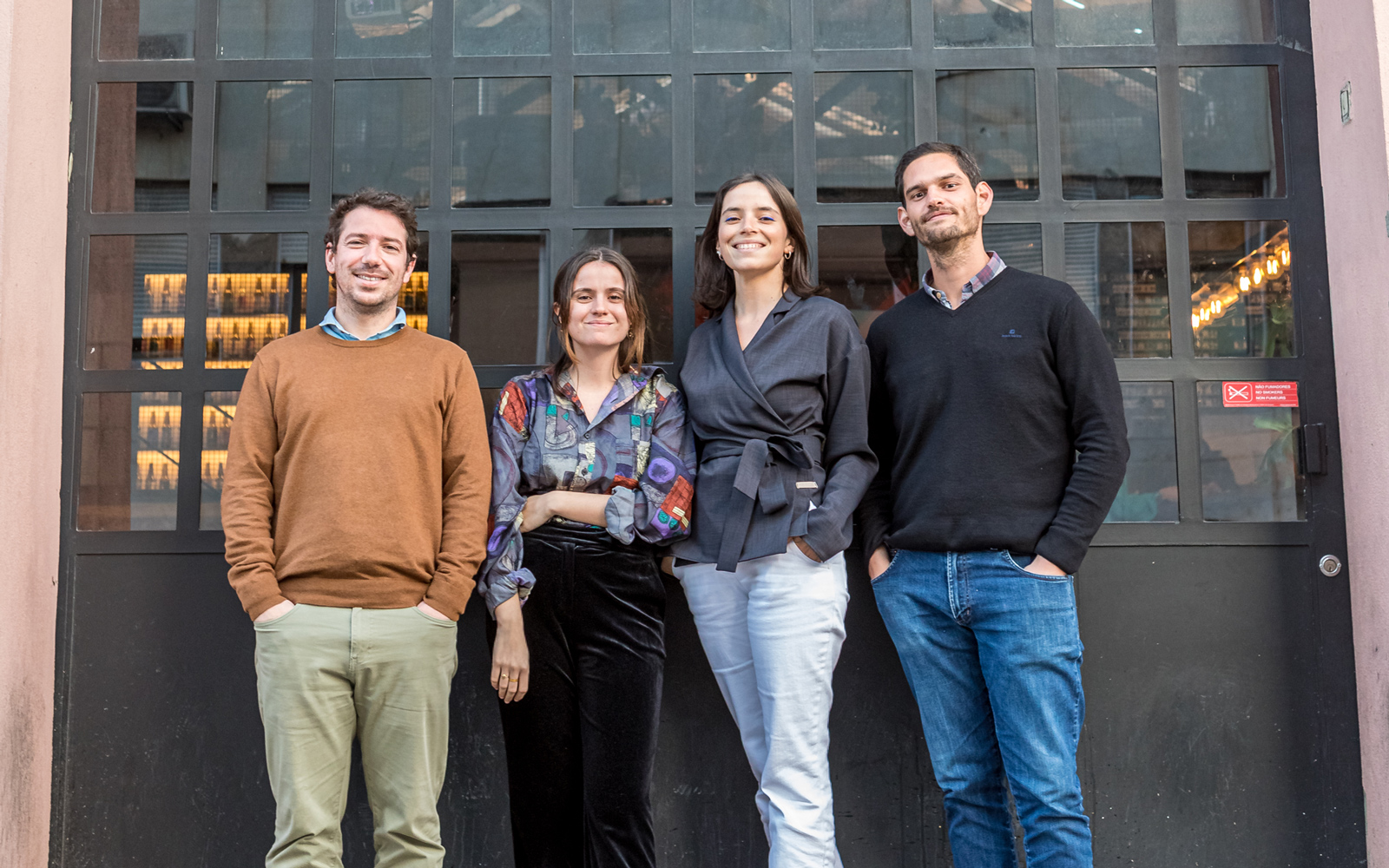
Innovation in the public sector

Social Impact Bonds allow the public sector to innovate, without compromising the public budget. Francisco Palmares, on the other hand, believes that ‘the ability to test and validate innovative solutions risk-free [because all risk is borne by the social investor] allows the public sector to manage its budget more effectively and to generate public savings,’ particularly if the new interventions tested prove to be more effective than traditional ones. Moreover, ‘public sector innovation also helps to internalise lessons learned and to scale successful initiatives,’ he adds.
This is, in fact, one of the aspirations of Projeto Família. Carmelita Dinis says that ‘besides the significant social impact on the development of these children and on their futures, it is our hope that the outcomes of these SIBs serve to effectively demonstrate the effectiveness and cost-benefit of this innovative approach to intervention in early childhood and adolescence in Portugal’.
Showing the public sector the added value that comes from implementing these interventions and using an outcome-based model, paying only when results are achieved, is what drives the Foundation to finance these initiatives. The goal is for the model to become part of future public policy just as it has, for example, in the United Kingdom.
This point of view is shared by Laura Barros who monitors Projeto Familia at the Social Security Institute, that is, for the public authority that oversees the area. Specifically with regard to Projeto Familia, ‘the number of institutionalised children and adolescents can only actively be reduced, making sure they stay with their families, when there is an effective and efficient intervention involving the families, aimed at helping them develop parental, personal and relational skills. This initiative could help policymakers review the more traditional intervention models,’ she adds.
Acknowledgement of the potential of this instrument for the public sector saw European Union funds being earmarked for the implementation and testing of Social Impact Bonds in 2015 through the Portugal Inovação Social Mission Unit (EMPIS). It was under this public framework that the Foundation invested in Projeto Família, Bootcamp Academia de Código and in Faz-Te Forward.
Bootcamp Academia de Código, an initiative that promotes employability by providing training in computer programming (coding) in the municipality of Fundão, in Central Portugal, has achieved its contracted outcomes which, in this case, means ensuring entry into the job market of eleven students per class (with between 18 to 20 students each) within up to three to four months after they complete training at the coding bootcamp. Just as with other projects, the targets and outcomes were defined together with the public authority that oversees sectoral policy, in this case the Institute of Employment and Vocational Training, which closely monitored the innovative intervention to achieve the same goal – to increase the employment rate.
For André Machado, project manager at Academia de Código, ‘we were only able to implement this intervention thanks to the SIBs model and its investors, who believed in and enabled access to better coding education for anyone with the required motivation and skills, irrespective of their financial situation’. He adds that ‘Academia de Código’s three-year experiment is proof positive of the effective impact our intervention can have in areas of Portugal that find it difficult to retain local talent and/or attract new talent that can help develop this region’.
Social Impact Bonds: why invest in this financing model?
In recent years years, the Calouste Gulbenkian Foundation has financed three Social Impact Bonds (SIBs), the interim reports of which were recently presented by MAZE, an impact investment firm created by the Foundation.
Find out more